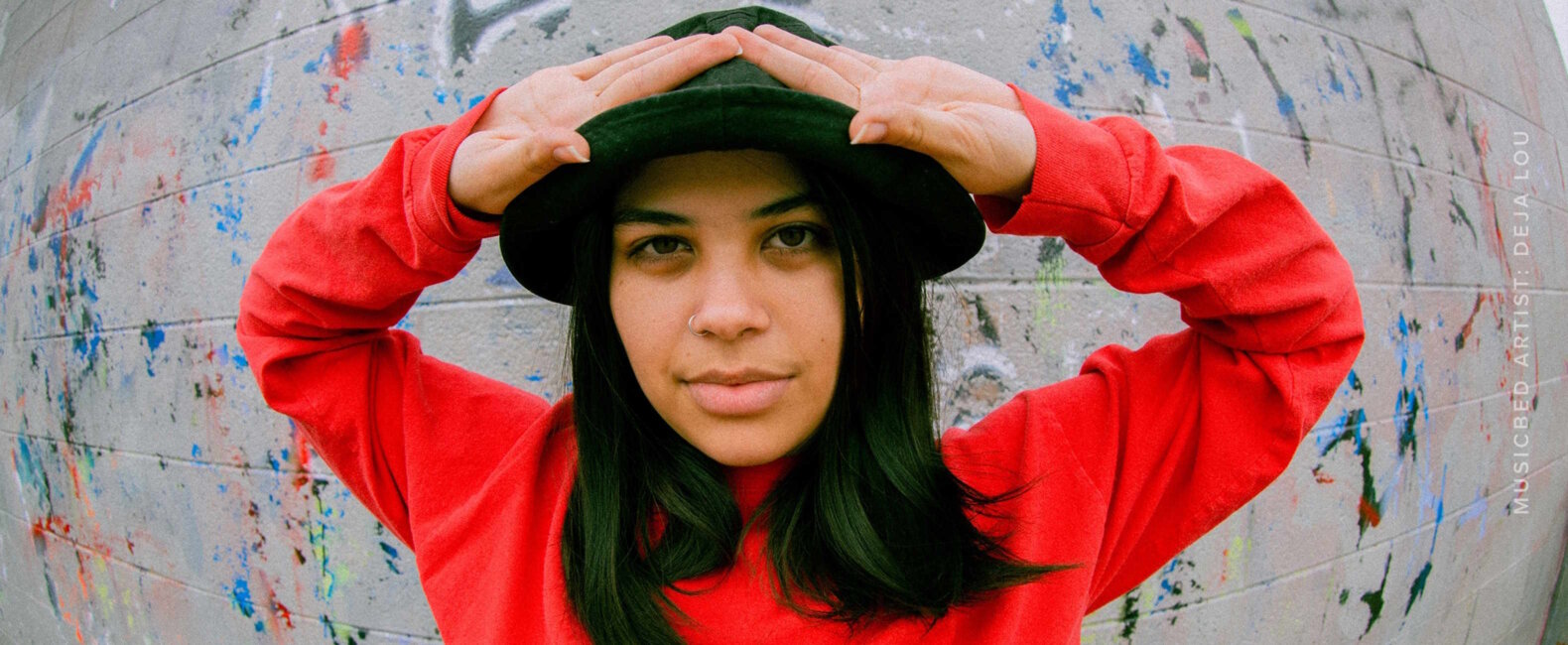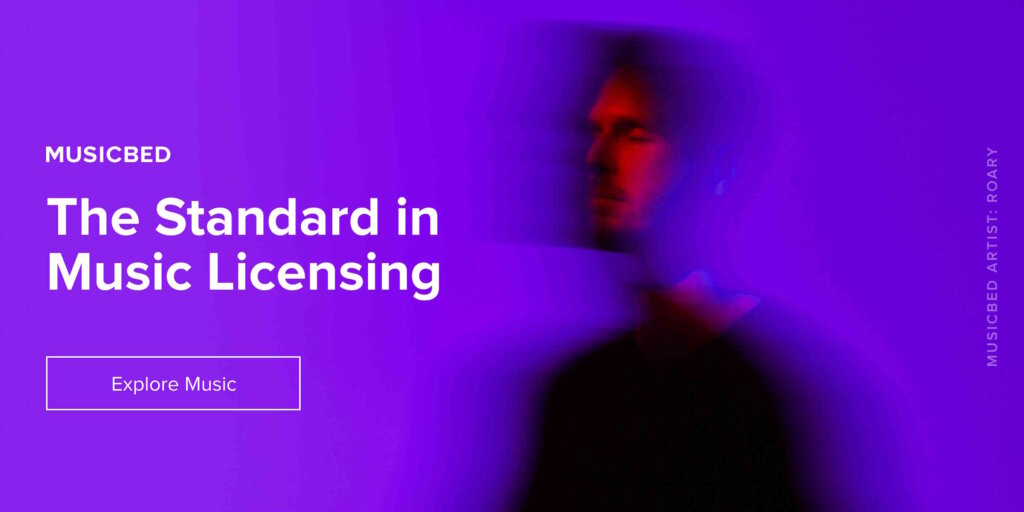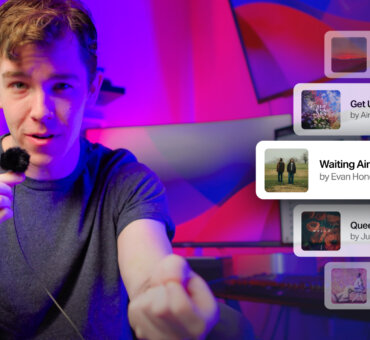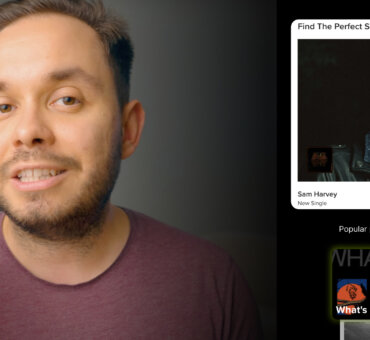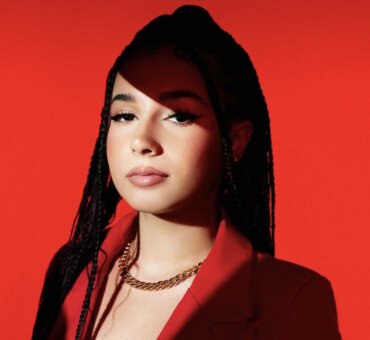If you’re a podcaster then the chances are at some point or another, you’re going to want to play music on your podcast – perhaps in the form of an intro or outro jingle that acts as key sonic branding for your podcast, aligning with your message and making it more memorable for your audience.
If you’re using any music in any part of your podcast, then you’ll need to ensure it’s licensed correctly. Put simply, using unlicensed music violates copyright laws, exposing podcasters to lawsuits from rights holders. Without proper licensing, podcasters risk legal action, including fines and potential removal of their content from the hosting platforms. Obtaining the correct music licensing for podcasts ensures that artists and rights owners are fairly compensated, and it protects you as a podcaster from any legal and financial repercussions. Additionally, it’s worth noting that having the right licenses will enhance the podcast’s professionalism and credibility.
What Music You Can’t Use in Your Podcast
Can I use music in my podcast? Well, yes…but there are rules to be followed and plenty of licensing issues you should be aware of. There are various types of music that you simply can’t use on your podcast until you’ve obtained proper licensing for it.
Copyrighted music
Copyrighted music (which includes most commercial releases) is protected by law and cannot be used in podcasts without a proper license from rights holders like the artist or record label. Using such music without permission can result in legal action, fines, removal of your podcast from platforms, and potential liability for statutory damages.
Public domain music
You may have heard about public domain music – classical works by composers like Bach or Beethoven that’s no longer protected by copyright and can be used freely without licensing. However, you need to be careful. Specific recordings of these works may still be copyrighted. If you accidentally use a copyrighted recording, you could face legal issues similar to those for using copyrighted music without permission.
Creative commons music
Creative Commons music is licensed in a way that allows creators to specify how others can use their work. The restrictions depend on the specific CC license which may require things such as attribution, prohibit commercial use, or forbid derivative works. If you fail to comply with the terms of the license you could face legal action from the creator, especially if you misuse the music, such as using a non-commercially licensed song in a monetized podcast!
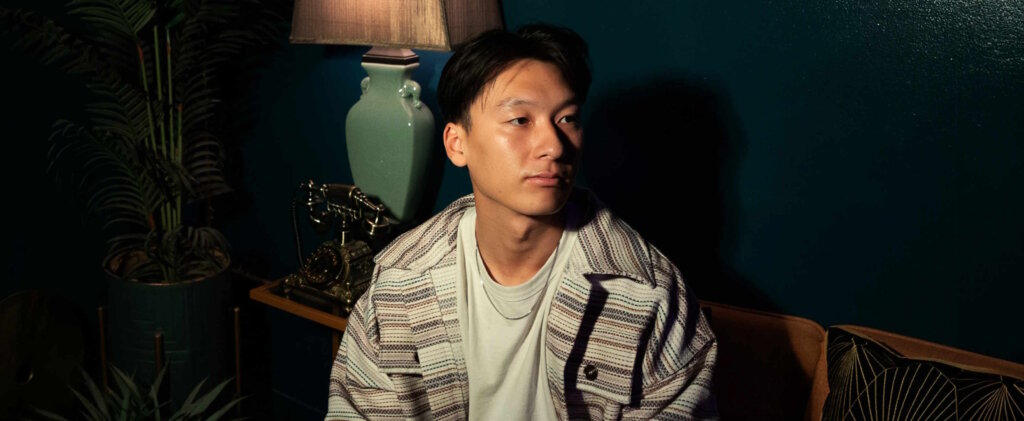
Royalty-free music
Royalty-free music can be used without paying ongoing royalties, typically after a one-time purchase or through a specific licensing agreement. However, you must still adhere to the license terms, which could well restrict usage in certain contexts or require attribution. Misusing royalty-free music by violating these terms can result in legal consequences similar to those for using copyrighted music without permission. It’s up to you to read the small print and pay attention to the details, because they really matter.
How to License Music for Your Podcast
If you’re looking for a podcast music license, then your best bet is to find a reliable source of music or a platform where the process of licensing is streamlined and hassle-free – particularly if you’re planning on using more than one music track, or have multiple podcasts.
Using Musicbed, you can navigate a catalog of over 60,000 songs utilizing our filters and tools to find exactly what you need. When you’ve found the right podcast intro music, in a few clicks you can obtain the podcast music license either as a single song license or via our music subscription.
What Single Song License Do You Need for a Podcast?
Podcasts require a Podcast license which is listed under our Individual license type option. If the project is for your business or a client, then the employee count used should be the global employee count of the brand/business publishing the podcast and accompanying video, including all full and part-time employees.
Alternatively, podcasts are covered under all of the subscription plan options that Musicbed offers. As mentioned above, if you have multiple podcasts or need more than one song for a podcast, then this may be the better move for you. Feel free to check out our music subscription options.
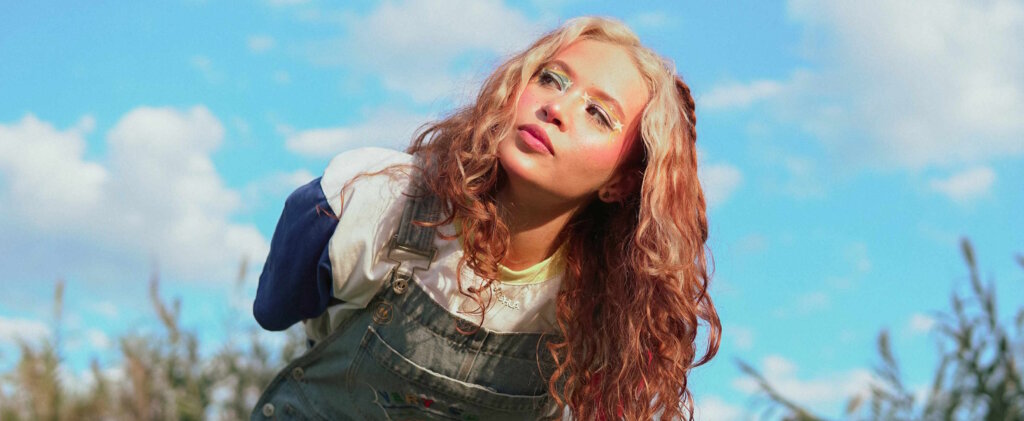
Benefits of a Musicbed Subscription
When you subscribe to Musicbed for all your podcast music license needs, you instantly gain access to a huge online catalog comprising over 60,000 songs from over 1,500 artists. Finding the right intro and outro music for podcasts is really easy, and you’ll be able to download and use the track in any podcast immediately, with full legal security to do so.
For online creators in the video and podcast space, our subscription tiers also prove very cost effective when working on multiple projects over a longer period of time. Additionally, we’ve got a team of dedicated professionals on hand to assist you with any queries 24/7.
Even if you’re looking for a bespoke, custom piece of music that stands out and makes your podcast uniquely memorable, we can work closely alongside you and one of our artists to make it happen.
Useful Tips for Choosing Music for Your Podcast
Choosing the right music for your podcast really helps set the tone and can be part of the sonic branding that makes your podcast instantly recognisable for your audience. There are a few key factors to consider.
Mood
Your choice of music should match the mood and tone of your podcast. For example, upbeat and energetic music works well for a lively, conversational podcast, while a more subdued, ambient track might be better for a serious, introspective show. Analyze your favorite podcasts and take note on the music choices they’ve opted for, and how that feeds into the “feel” of the show.
Genre
From your analysis, it’ll be obvious that you should align the music genre with your content and audience. For instance, a tech podcast might use modern, electronic sounds, while a history podcast could benefit from classical or orchestral music (depending on the era being discussed).
Audience
Consider your audience’s preferences – what resonates with them culturally and demographically? While a younger audience might prefer contemporary music, an older audience might appreciate tracks that are more classical, or perhaps some jazz.
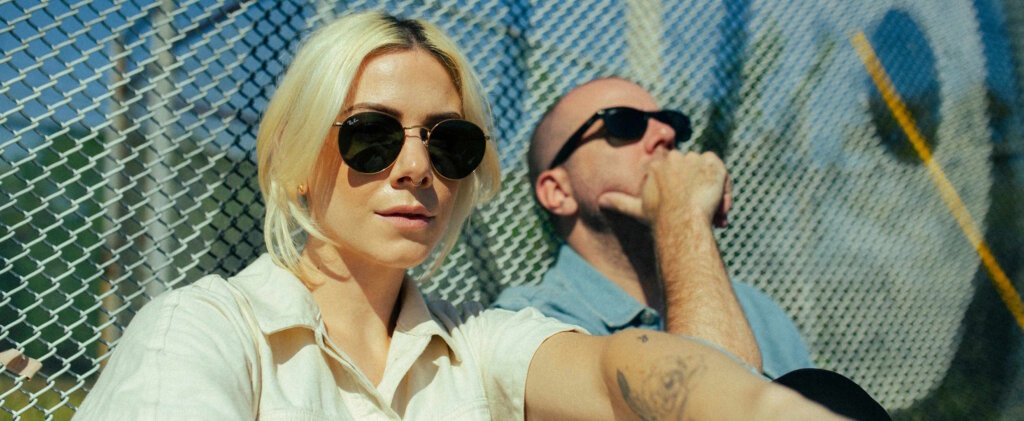
Pacing
The tempo of your music should complement the pacing of your podcast. Fast-paced music can energize listeners and keep them engaged, while slower music might help in calming or focusing the audience.
Length
The length of the music is also important. It should be long enough to create an impact but not so long that it becomes distracting or takes away from the content. Ultimately, you audience isn’t tuning in to listen to music so it needs to be fairly short.
Legal Considerations
As we’ve discussed, ensure you have the rights to use the music. Royalty-free music, Creative Commons-licensed music, or custom compositions are good options to avoid legal issues but you need to do your due diligence. Using Musicbed takes away all of the hassle and potential pitfalls of music licensing for podcasts.
Intro and outro music for podcasts
Having great intro and outro music for your podcast is essential and the two ends of the episode do tend to differ slightly.
The intro music sets the tone for your podcast, making a strong first impression by reflecting its essence. It should be catchy and memorable to engage listeners immediately. For consistency and branding, always use the same music for each episode and try to keep it short to add value without delaying the content. Around 10 or 15 seconds will do it.
Meanwhile, the outro music should offer a sense of closure, wrapping up the episode smoothly, possibly with a slower version of the intro or the song’s natural conclusion. It should also allow space for your final words and calls to action, complementing the message’s tone. Again, consistency across episodes is key to reinforcing brand recognition.
Importance of Consistency and Branding
Consistency with your music is essential because of podcast branding. Using the same or similar music across episodes is going to help your listeners associate the sound with your brand, making your podcast instantly recognizable. Think about how you feel when you hear the intro music roll on your favorite podcast. You’re excited and focused immediately, getting ready for another great episode. This consistency creates a professional and polished image, helping you to build a loyal audience.
These same music choices should also align with your overall brand identity. If your podcast is part of a larger brand, you should ensure the music reflects the brand’s values and aesthetic. For example, a podcast by a fitness brand might use energetic, motivational music, while a mindfulness brand might opt for more calming, soothing tunes.
Wrapping up
So, that’s the basics when it comes to the world of music licensing for podcasts. Overall, when done right, music is a really powerful tool in podcasting. By carefully selecting music that reflects your content, audience and brand, you can enhance the listening experience and create a strong, memorable identity for your podcast.
By using Musicbed, you gain access to a huge, expansive catalog of music where songs can be downloaded at the click of a button with legal peace of mind.















































































